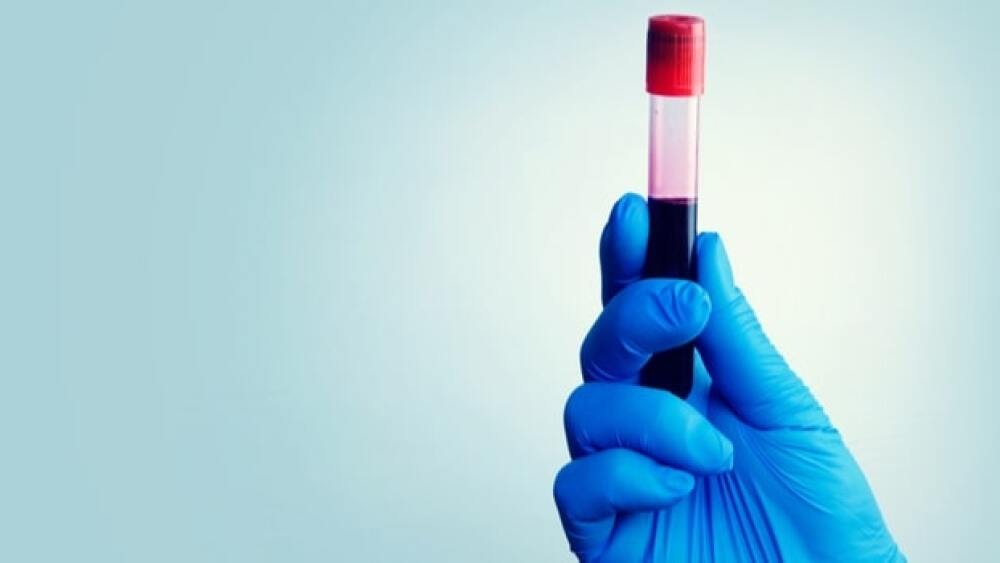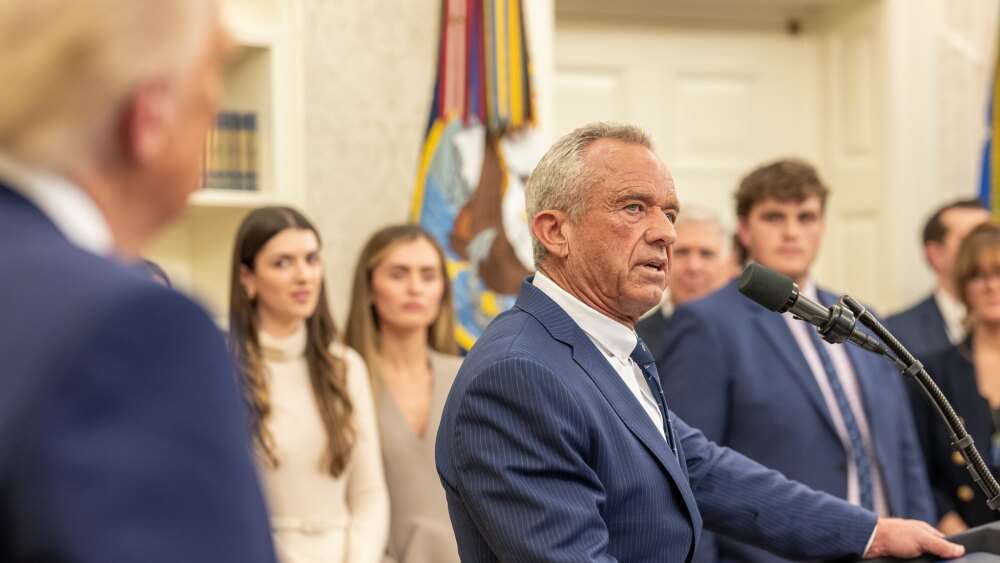Guardant Health is taking Roche-owned Foundation Medicine to court over a patent dispute for their liquid biopsy technology, further heating up the rivalry between the two cancer detection companies.
Redwood City, Calif.-based Guardant Health is taking Roche-owned Foundation Medicine to court over a patent dispute for their liquid biopsy technology, further heating up the rivalry between the two cancer detection companies.
In newly released documents, Guardant claims Foundation is currently infringing on up to seven patents which are part of Guardant’s intellectual property for its liquid biopsy test. Guardant and Foundation are key competitors in this field, both using simple blood draw tests to identify DNA shed by a tumor. These liquid biopsy tests, which rely on next-generation DNA sequencing to better identify signs of cancer, have become increasingly popular in cancer diagnostics.
Guardant’s suit, filed by Weil, Gotshal & Manges LLP and Farnan LLP, claims Foundation’s FoundationOne Liquid product is nearly identical to Guardant’s Guardant360. In the suit, Gardant asks the court for monetary relief or unspecified damages, damages for lost sales, an injunction against Foundation from infringing the patents and legal costs.
This isn’t the first time Guardant and Foundation have faced each other in court over patent infringement. Previously filed motions have also alleged false advertising claims, and only last year, Foundation urged the U.S. Patent and Trademark Office to review claims around a patent.
Investors have spent billions of dollars to develop sophisticated liquid biopsy setups over the past five years, gearing research and development funding to companies like Guardant, Foundation, Grail, and San Francisco’s Freenome, among several others. Using this technology, companies hope they will offer more precise and easier-to-use diagnostics for cancer as well as tests that can detect subtle molecular changes to identify disease prior to the emergence of symptoms.
Guardant’s Guardant360 test and Foundation’s FoundationOne Liquid test share similar offerings, with both tests assisting clinicians in the identification and tracking of cancers. These tests, which have been sold under the U.S. Food and Drug Administration’s radar, also help doctors determine which treatments to switch to based on changes in a patient’s tumor.
In August, Guardant was granted the first FDA approval for a comprehensive genomic profiling test. Last month, a study published in Nature Medicine suggested the Guardant360 accelerated clinical trial enrollment and detected more actionable gene alterations compared with tissue biopsy in patients with advanced gastrointestinal cancer, suggesting Guardant’s liquid biopsy test could prove useful for expediting cancer research.
Also, the FDA has recently granted an Emergency Use Authorization to Guardant’s newly developed Guardant-19 test which can be used for the detection of SARS-CoV-2, the novel coronavirus responsible for COVID-19. According to the company, the Guardant-19 test can provide detection results within a single day.
The reverse transcriptase polymerase chain reaction next-generation sequencing Guardant-19 test is so far being offered to Guardant employees as well as select partner organizations through the Guardant’s CLIA-certified clinical laboratory. Additionally, Guardant is currently using the test to help in the safe reopening of Delaware State University.
The FDA has also recently granted an EUA for Agena Bioscience’s high-throughput, low-cost SARS-CoV-2 panel. Agena’s product offerings are slightly different than Guardant and Foundation, however, as this company focuses primarily on a mass spectrometry-based platform for research into cancer profiling for solid tumors and liquid biopsies.
As details of the lawsuit emerge, it’s unclear how the outcomes will affect recent FDA approvals for Foundation’s platform. Just last month, the FDA granted approval for Foundation’s FoundationOne Liquid CDx for three new companion diagnostic indications, including advanced ovarian, breast and non-small cell lung cancer.





